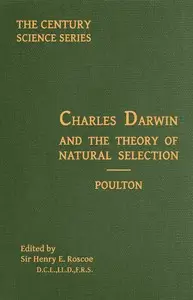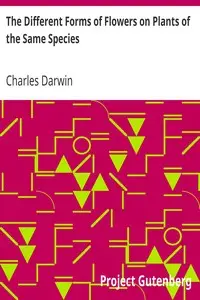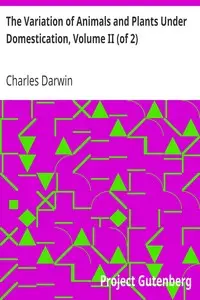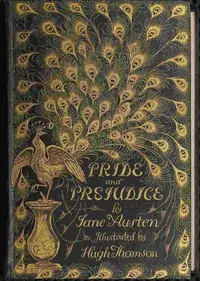"The Origin of Species by Means of Natural Selection" by Charles Darwin is a groundbreaking scientific book from the 1800s, revealing the ideas behind evolution, with natural selection and common ancestry taking center stage. It showcases how different forms of life appeared over time. Looking at findings far and wide, Darwin offers a new way to see life's diversity, building his case with historical insights on animals and plants, ideas on variation and the fight to survive, and stories from his own adventures. Darwin's work is all about science, pushing for communal knowledge in an area influenced by old ways of thinking.

The Origin of Species by Means of Natural Selection Or, the Preservation of Favoured Races in the Struggle for Life, 6th Edition
By Charles Darwin
Embark on a transformative journey through time as a scientist unveils the hidden mechanisms shaping life on Earth, challenging long-held beliefs about our origins.
Summary
About the AuthorCharles Robert Darwin was an English naturalist, geologist, and biologist, widely known for his contributions to evolutionary biology. His proposition that all species of life have descended from a common ancestor is now generally accepted and considered a fundamental scientific concept. In a joint publication with Alfred Russel Wallace, he introduced his scientific theory that this branching pattern of evolution resulted from a process he called natural selection, in which the struggle for existence has a similar effect to the artificial selection involved in selective breeding. Darwin has been described as one of the most influential figures in human history and was honoured by burial in Westminster Abbey.
Charles Robert Darwin was an English naturalist, geologist, and biologist, widely known for his contributions to evolutionary biology. His proposition that all species of life have descended from a common ancestor is now generally accepted and considered a fundamental scientific concept. In a joint publication with Alfred Russel Wallace, he introduced his scientific theory that this branching pattern of evolution resulted from a process he called natural selection, in which the struggle for existence has a similar effect to the artificial selection involved in selective breeding. Darwin has been described as one of the most influential figures in human history and was honoured by burial in Westminster Abbey.



















